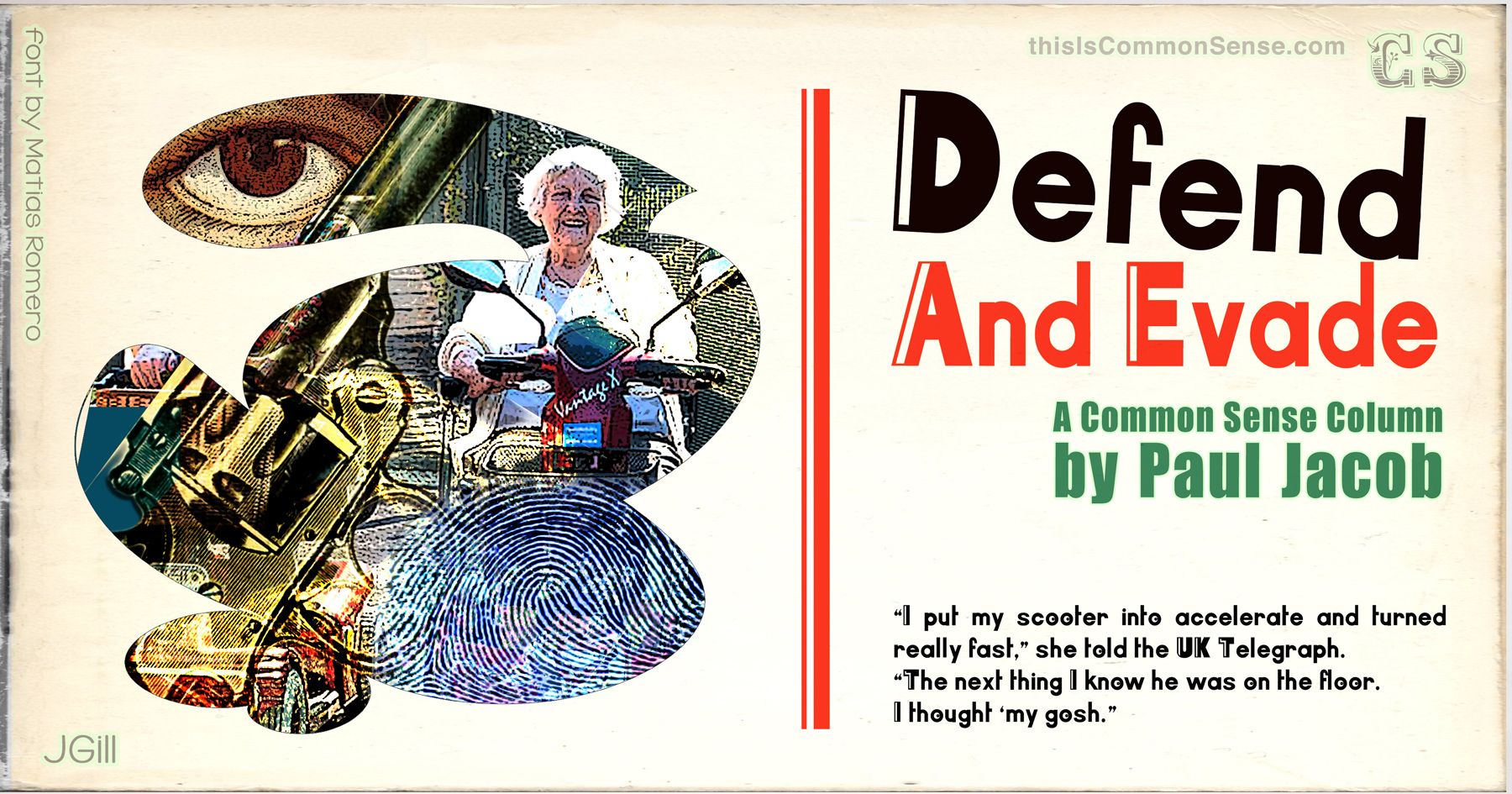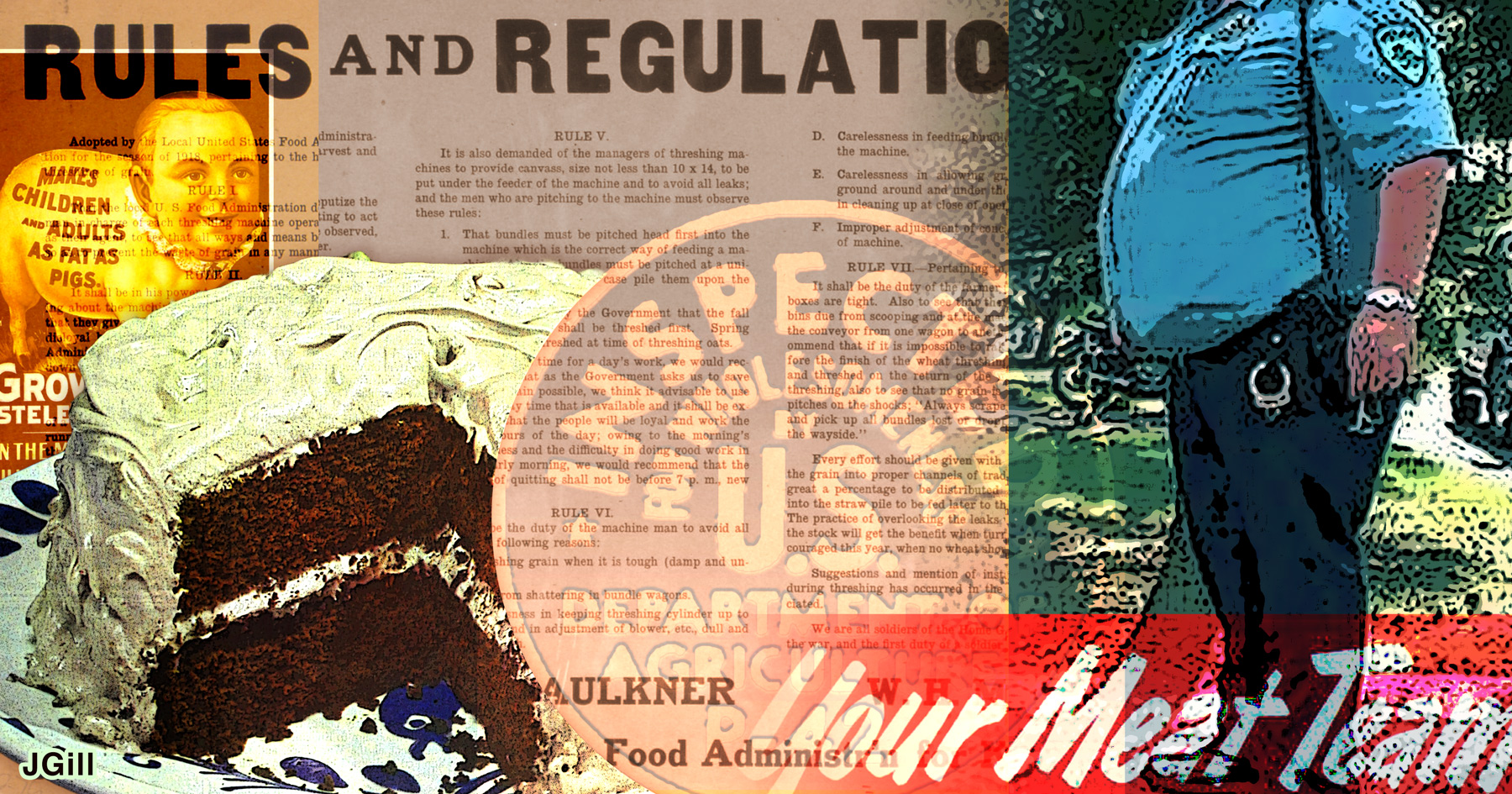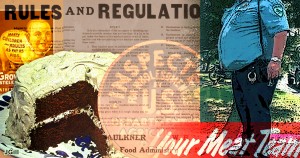Are you ever too old to stop a mugger? Not if your mobility scooter is ready to go.
This conclusion is informed by the example of 92-year-old Eileen Mason, who was with her 75-year-old friend, Margaret Seabrook, when a mugger tried to make off with the contents of a scooter basket.
The two British great-grandmothers were returning from a lunch club in Wiltshire as the thief approached and targeted the older of the two.
When he grabbed Eileen Mason’s arm and reached for the bag, she shouted “Oh no you don’t” — at her maximum volume.
“I put my scooter into accelerate and turned really fast,” she told the UK Telegraph. “The next thing I know he was on the floor. I thought ‘my gosh.’ Something in me just told me to turn so I squeezed the accelerator and turned and he went flying. He was so evil looking.”
If you like this story, don’t miss the ones about the grandma who used a handbag to stop a jewel-store robbery, or the grandma who trapped a burglar in a shed.
Margaret Seabrook says they want their experience to teach people “not [to] leave things on display in their baskets.…”
That’s one lesson — don’t make yourself an unnecessarily tempting target. But the other thing is be prepared … to defend and evade.
If somebody is gearing up to rob you, be ready to stop him. At least, if you can do so without too much risk to life, limb, or liberty.
Thanks, ladies.
This is Common Sense. I’m Paul Jacob.











